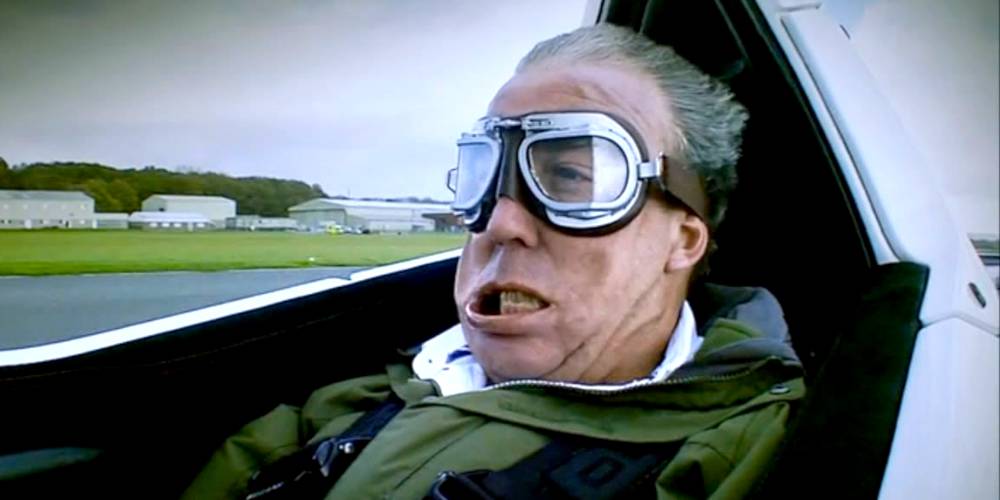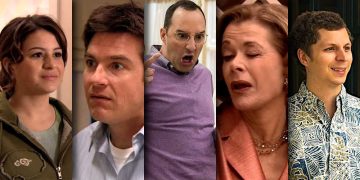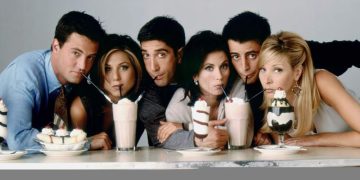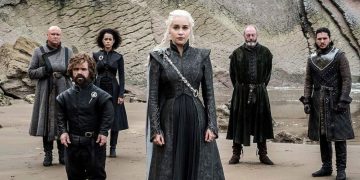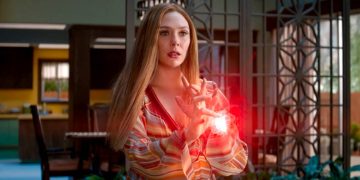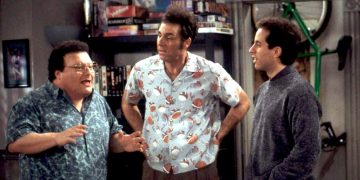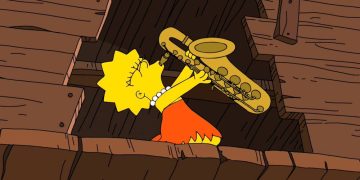Kenny Rogers once sang: "You have to know when to hold 'em, know when to fold 'em." Meaning, it's important to know when it's time to end something—or else you plow ahead into ruins.
This is true of TV shows, with so many examples of series that started off well but went on for far too long, eventually becoming husks of what they once were and losing audiences to fatigue and dissatisfaction.
Ending a television show is always hard on fans, but it's better to end on a high point than drag a show out towards a lukewarm (or terrible) ending that tarnishes everything that came before.
Here are some of the strongest examples of TV shows that should've ended much earlier but didn't know when to fold 'em.
7. Arrested Development (2003–2019)
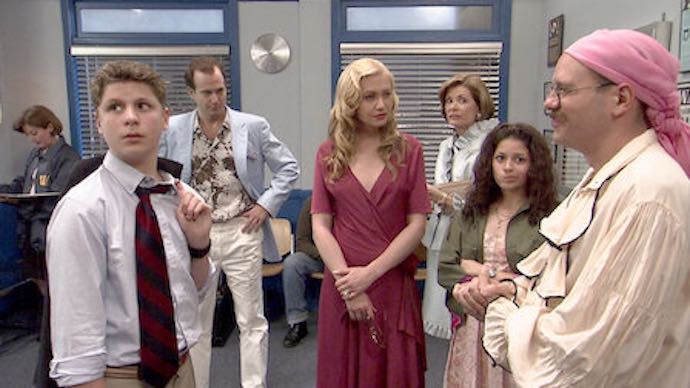
The original Arrested Development had a perfect run. The story of the Bluth family spread over three seasons was so well-crafted and well-executed that it forever became part of comedy television's history.
Fox cancelled it after its third season, and Netflix picked it up years later. A fourth season was released in 2013, and a final fifth season was released in two parts, first in 2018 and then in 2019.
Sadly, the revived Arrested Development lacked the spark of the original run. Fans were flabbergasted, unable to understand how the great cast lost the magic that made the show so exemplary in the first place.
Much of it had to do with the cast's conflicting schedules, making them unable to film scenes together. The writing had to be adjusted and the end result was several disjointed stories, with characters off on their own.
In other words, the fourth season was a convoluted mess and the fifth season couldn't recover. Arrested Development should've ended with its third season, but now has a tarnished legacy.
6. Friends (1994–2004)
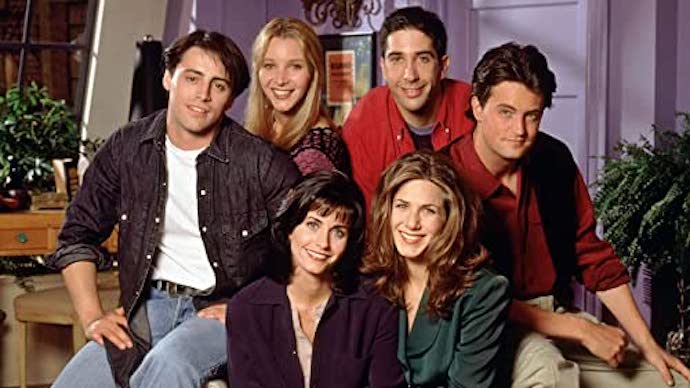
Friends has cemented itself as an iconic TV show that transcends its time. Decades later, the show continues to draw in new fans via streaming.
Set in the 1990s, Friends centered on six people in their twenties as they navigated the highs and lows of life in New York City, with audiences tuning in by the tens of millions to enjoy their friendly antics.
By the time it came to an end after ten seasons, Friends had changed the face of television and its impact on pop culture.
However, even among fans, you might hear that the series went on for far too long, with its latter seasons dropping the ball at times.
The will-they-won't-they love affair between Rachel and Ross dragged on and on without an end in sight across the final three seasons, which made the show such an effort to watch for audiences.
More than that, the show seemingly ran out of fresh ideas and came to its obvious conclusion a long time after it should have.
5. Game of Thrones (2011–2019)
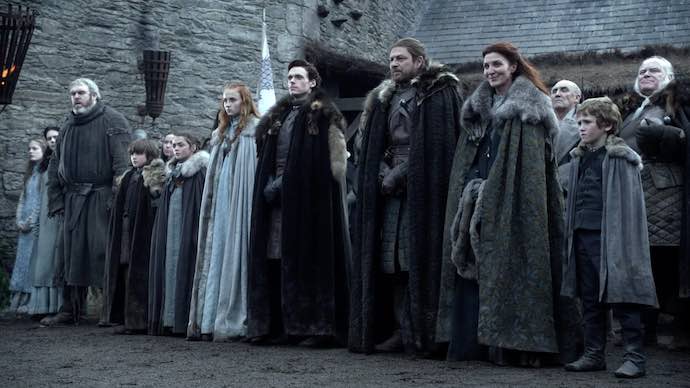
Everything was going so well for Game of Thrones, right up until season seven dropped. That's when the cracks really started to appear. (Depending on who you ask, some might even say those cracks started forming back in season five.)
The story of Game of Thrones was an intricate mass of storylines and characters trying to weave their way through the world without being killed—and many failed in that endeavor.
However, when showrunners David Benioff and D. B. Weiss decided they no longer wanted to work on Game of Thrones, they threw together a truncated mess of an eighth season and called it quits.
Despite HBO's attempts to keep them on board, Benioff and Weiss wanted to move on to their Star Wars gig—but also refused to allow anyone else to pick up the show after them.
So, Game of Thrones's final season contained three seasons worth of material, compressed into an accelerated ending that felt ripped out the pages of an awful unpublished novel.
In a sense, Game of Thrones actually should've went on longer than it did. But given Benioff and Weiss's reluctance to hand the reins to someone else, Game of Thrones would've fared better if it just ended sooner.
Had the show ended with season six, fans would've bemoaned the unfinished story, but at least the show's legacy would remain intact. Instead, seasons seven and eight retroactively ruined the series.
4. Chilling Adventures of Sabrina (2018–2020)
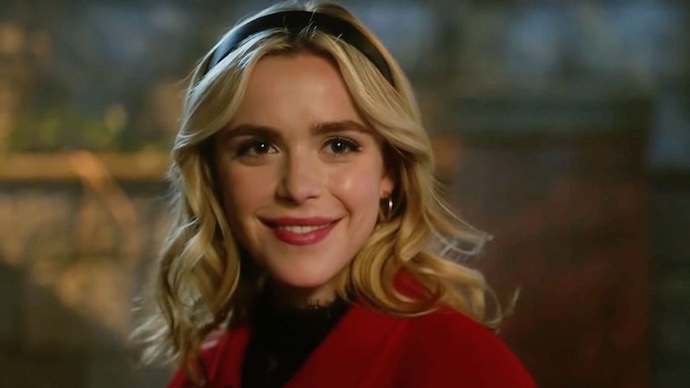
When Chilling Adventures of Sabrina was adapted from the comic books into television by Netflix, it was initially met with good reviews.
Compared to the earlier adaptation of Sabrina the Teenage Witch, Chilling Adventures of Sabrina presented itself as darker, more detailed, and with better casting. The end result was a completely different animal.
The first two seasons of the show were addictive and engaging, with Sabrina's troubles as a young witch put on full display while retaining the attention of modern teenage audiences.
However, the show soon lost itself. It became too repetitive, never willing to give viewers more than they already had. The show couldn't keep itself fresh as parts of it grew stale, even despite its attempts to sexualize everything. Moreover, it just lacked satisfying payoffs.
After four seasons, Chilling Adventures of Sabrina was cancelled by the streaming giant—two seasons too late, if you ask me.
3. Seinfeld (1989–1998)
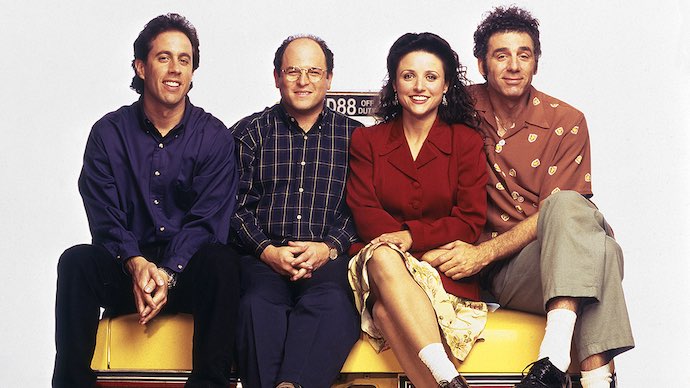
Seinfeld is a classic that sits among the best TV comedies ever made. Most of that can be attributed to its first seven seasons.
The show delivered a style of observational humor that's timeless, to the degree that it remains as relevant today as it was in the 1990s. That timelessness not only keeps it popular among fans, but also continues to inspire modern sitcoms of all kinds.
But like many shows, Seinfeld was victim to change. Rather than it running out of creative ideas or falling into the same beats over and over, the show lost its heart and soul when it lost Larry David.
Larry David's exit as head writer at the end of season seven was a blow that Seinfeld never recovered from, with Jerry Seinfeld keeping the show afloat for another two seasons without his friend and co-creator.
The episodes became lazier without David's bite, and the series ending is best forgotten entirely. Had Seinfeld ended with season seven, it would have been perfection, unsullied by its final two seasons.
2. The Simpsons (1989–Present)
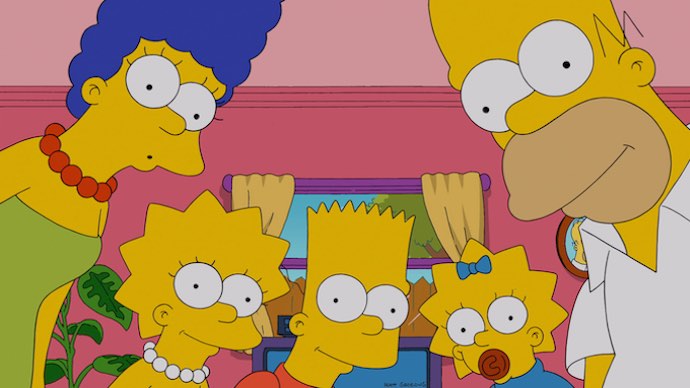
When all is said and done, fans will look back on The Simpsons and hail the impact it had on modern animation—which, one could argue, it started all by itself. Animated television owes a ton to The Simpsons.
The show's fractured take on modern life through the lens of the Simpson family was something fans couldn't get enough of. More impressive is how the show maintained impeccable quality across its first 11 seasons, a staggering feat that's above most shows.
Almost every episode from that initial period is comedic gold. However, as time's laws of television often dictate, the decline eventually came.
The Simpsons morphed into a parody of what it once had been, with episodes that stooped for cheap laughs rather than the intense—and often devastating—comedic moments it had once mastered.
When rewatching The Simpsons now, it's best to stick to those first eleven seasons. Some of what came after is serviceable, but those original seasons is where the magic of The Simpsons truly resides.
1. Top Gear (2002–Present)
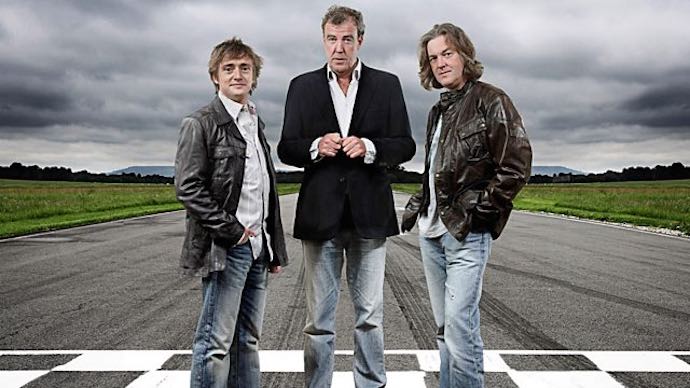
In 2002, Jeremy Clarkson and Andy Wilman brought the classic (but boring) car show Top Gear back to the screen, except this time using a new format that was a lot more fun for viewers.
The show was so good that it spent nearly 20 years amassing fans around the world, becoming one of the most-watched TV shows in the world with 350 million people tuning in every week.
It was just fun to watch three men lark about in cars and get into a few accidents along the way. The show's brilliance hinged on the chemistry between Jeremy Clarkson, Richard Hammond, and James May.
Then, in 2015, Clarkson was let go by the BBC for a controversial incident, and Hammond, May, and Wilman all left the show with him.
So, the BBC remade Top Gear with two new hosts: Chris Evans (not the Marvel one) and Matt LeBlanc. They were joined by a few other co-presenters and they all tried to make the show work, but to no success. This new Top Gear was simply a travesty.
The BBC continues to limp on with the show, but it has never attained the heights it did with the original trio. Top Gear should have ended with Clarkson's departure, but hubris likely got in the way.
